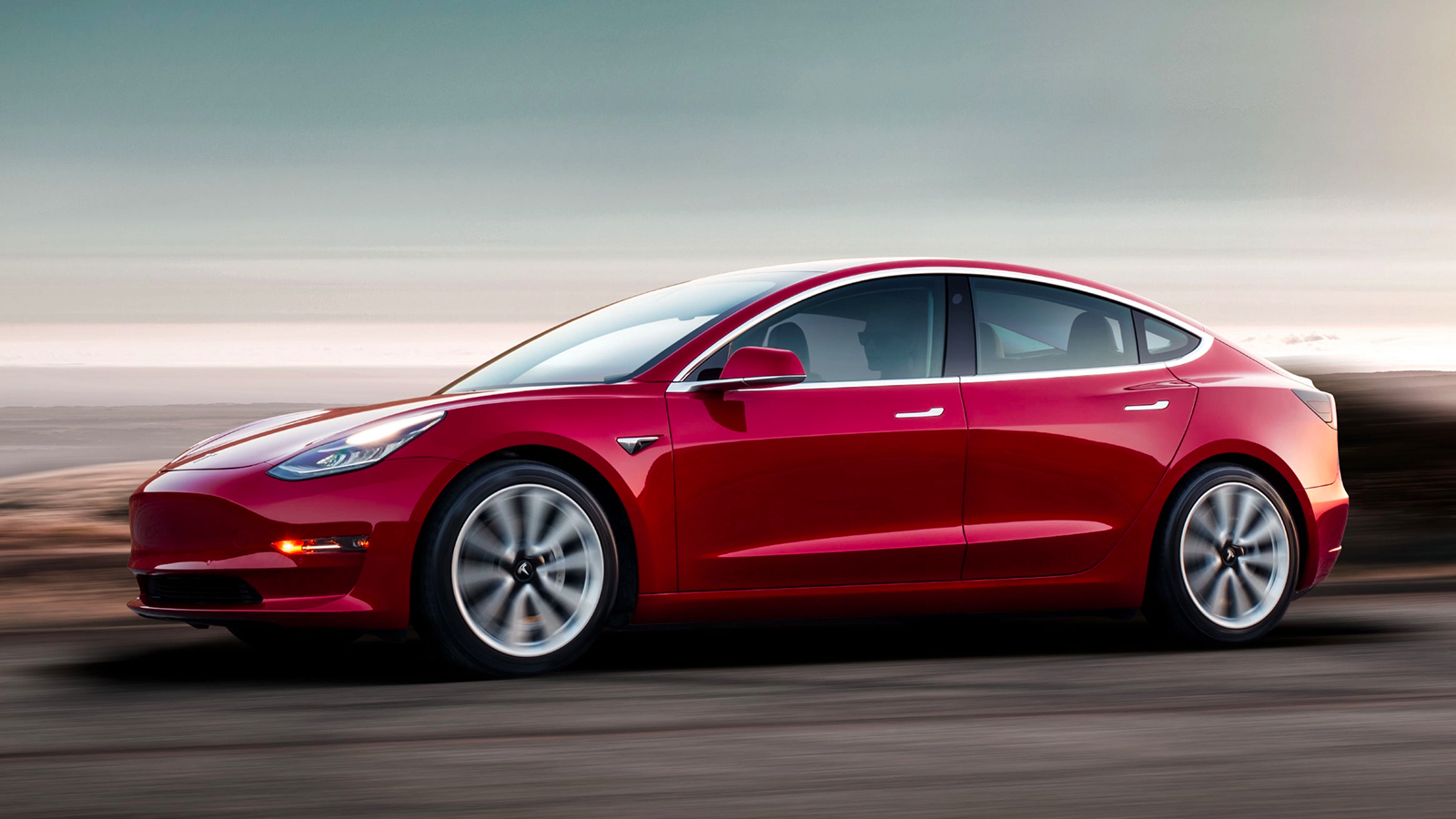Tesla wants to use its car sensors to detect children left in hot cars
But it's going to need approval

Sign up for breaking news, reviews, opinion, top tech deals, and more.
You are now subscribed
Your newsletter sign-up was successful
The latest safety feature planned at Tesla is a sensing system that can warn you if you've left a child behind in a car that's too hot. As an added bonus, it could customize airbag deployment to each particular passenger, and deter thieves as well.
As per Reuters, Tesla is seeking approval for the new system from the FCC (Federal Communications Commission) in the US, as it would involve millimeter-wave sensors being boosted to higher power levels than current laws allow.
If permission is granted, the system would make use of four transmission antennas and three reception antennas driven by a radar unit at the front. The setup would be able to 'see' through blankets and child restraints better than a standard camera.
- Check out the new Justice League cut
- Tesla app security is improving
- Everything to know about Disney Plus
What's more, the hardware that Tesla is proposing would be able to detect breathing patterns and even heart rates, so there would be no confusion between a toddler and a teddy bear left on the back seat of a Tesla vehicle.
Internal upgrades
Being able to more accurately determine the size and weight of passengers would help with safer airbag deployment too, Tesla says – offering a more reliable system than the ones currently offered by in-seat weight sensors.
The millimeter-wave sensor monitoring would also be an upgrade on existing systems in terms of being able to detect someone breaking into the car or smashing one of the windows, according to the application filed by Tesla.
Tesla reports that official statistics show that more than 50 children died after being left behind in hot cars in both 2019 and 2018. More than half of those incidents were because the child was forgotten.
Sign up for breaking news, reviews, opinion, top tech deals, and more.
There's no fixed timescale for when this application might be approved or when the technology might find its way into Tesla's motor vehicles. The company's cars already come with a wealth of sensors, in part to enable certain self-driving features.
Via Engadget

Dave is a freelance tech journalist who has been writing about gadgets, apps and the web for more than two decades. Based out of Stockport, England, on TechRadar you'll find him covering news, features and reviews, particularly for phones, tablets and wearables. Working to ensure our breaking news coverage is the best in the business over weekends, David also has bylines at Gizmodo, T3, PopSci and a few other places besides, as well as being many years editing the likes of PC Explorer and The Hardware Handbook.